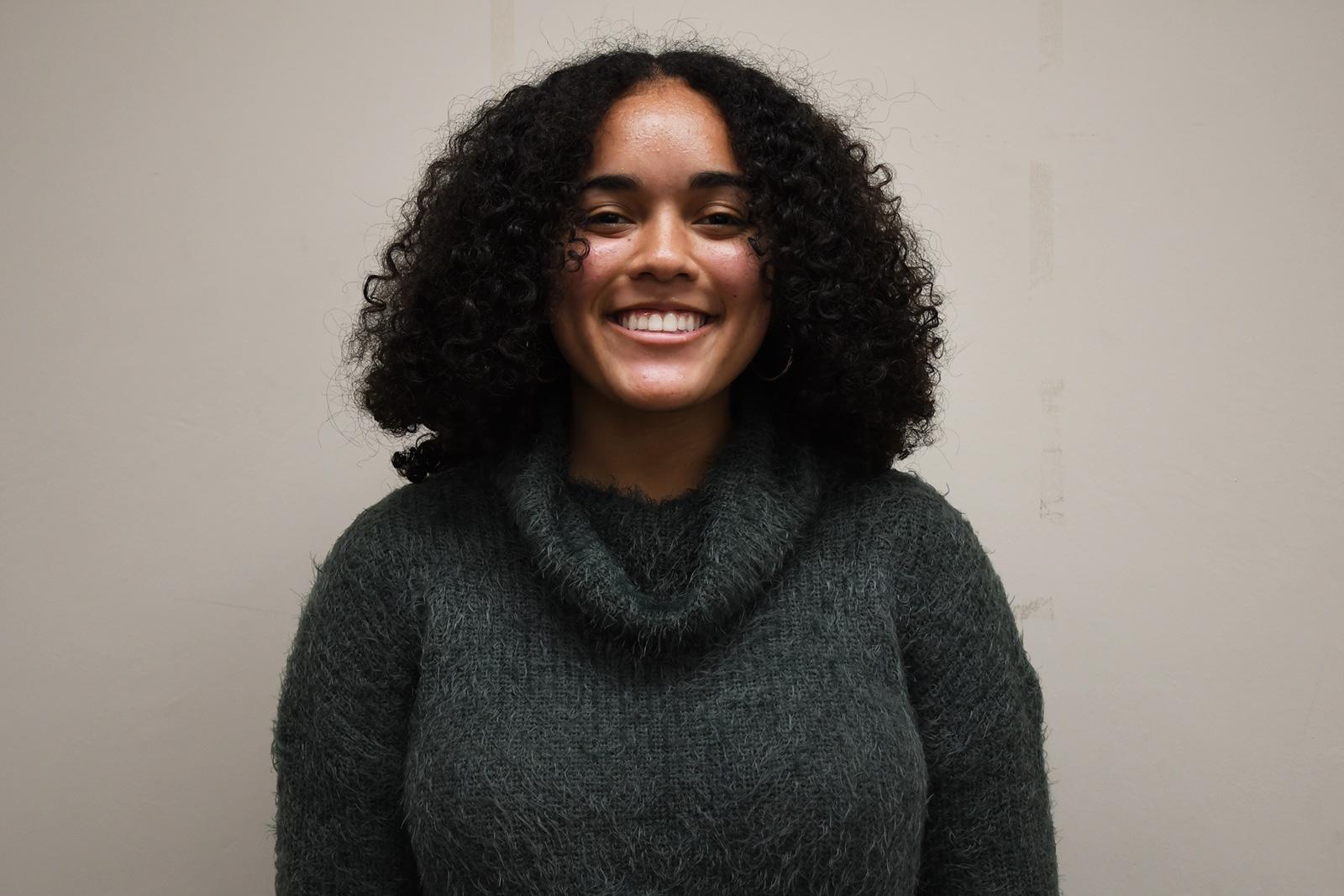There has always been underrepresentation of minorities in Hollywood. Growing up, I didn’t see many people of color, let alone in leading roles. Film and television casts were lacking in diversity, thus perpetuating stereotypes about minorities.
Behind the camera there was, and still is, an overwhelming amount of white male directors. No black person has ever won in this category. And the black actors and actresses who do feature in these films are rarely nominated. This dearth of minority actors highlights the much larger problem with the media.
By failing to include and recognize people of color, the media is trying to speak for us without experiencing the oppression that shapes every part of our lives.
And because of the powerful rhetoric of a so-called “post-racial” America, when the annual awards season comes around, I get my hopes up. Maybe this time things will change: more minorities will be nominated and more women will be heard. But, the same things happen over and over. As usual, there are a lot of white men.
There have been 92 Oscar commencements. In all of those shows, only four black men have won Best Actor. Only one Latinx man has won once and his status as a person of color was highly contested.
Even in categories that are just females, there is no diversity. This year, the nominees for Best Supporting Actress were all white. In the Best Actress category, there was one black nominee — Halle Berry is the only black female to ever win in this category. As such, this category is also disappointing.
Did the Academy forget about the intellectually-stimulating horror film “Us?” Leading actress Lupita Nyong’o deserves to be recognized for her performance in that film. Or what about Jennifer Lopez’s acting in “Hustlers?”
Not that these women’s merits are lost when the Academy don’t recognize them. But, not doing so lets Hollywood off the hook for its whiteness. It’s a subtle, yet bold statement about the perceived importance and attractiveness of telling minorities’ stories on the big screen for the world to see.
It’s a tough thought to swallow that the Academy is unaware of the consequences of their actions.
But, all hope is not lost. Director Matthew Cherry and Producer Karen Rupert Toliver won Best Animated Short Film for “Hair Love.” This film is about an African American father learning how to style his daughter’s hair. It doesn’t sound like a big deal because the topic seems so mundane on the surface. After all, it isn’t an action movie or some poetic statement about mental health.
But for girls like me who have struggled with their hair texture and feeling attractive despite euro-centric beauty standards, it was empowering to see this film win. By awarding “Hair Love,” the Academy recognized something I struggle with everyday and reminded the world that natural hair is beautiful, too.
As a society, we have permitted underrepresentation for so long — not just in Hollywood, but in all institutions. We have accepted the bare minimum and turned a shoulder where things were and continue to be wrong. People of color are capable, talented and deserving of recognition for the work that they do.
The Oscars is a night for the most esteemed people in Hollywood to be recognized for their hard work. But when we constantly praise the same type of people, it discourages everyone who doesn’t fit the mold. Why would I, an African American and Mexican woman, believe in my own success if mostly white men win?
The media has decided without me that I, and what I represent, aren’t compelling to the American public. It makes me feel my voice is being partially heard because someone up there gets it — they get what it’s like to be the only person of color in the room.
























































































































